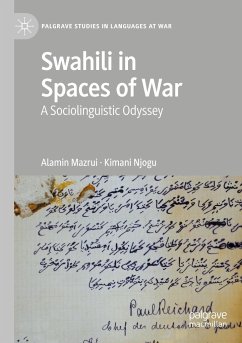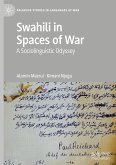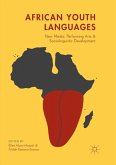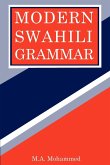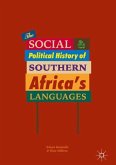This monograph examines the roles and functions of Swahili in war/conflict situations, and the impact of wars on the destiny of the language. Covering a period of over a century, the monograph explores this sociolinguistic theme in the context of six wars/conflicts: the Maji Maji resistance against German rule, the two World Wars, the anti-colonial resistance to British colonialism, the wars of the Great Lakes region, the cold wars, and the ongoing war against terrorism. In geographical focus, some of the war situations explored here are "local," others are "transnational," and others still rather "global" in scope and ramifications. In the final analysis, the monograph provides important snapshots of the conflict-based history of the Swahili language, demonstrating once again that language is a malleable tool that can be appropriated and galvanized to serve the interests of either party in a conflict and sometimes as a means of creating hegemonic and anti-hegemonic meanings.
Bitte wählen Sie Ihr Anliegen aus.
Rechnungen
Retourenschein anfordern
Bestellstatus
Storno

